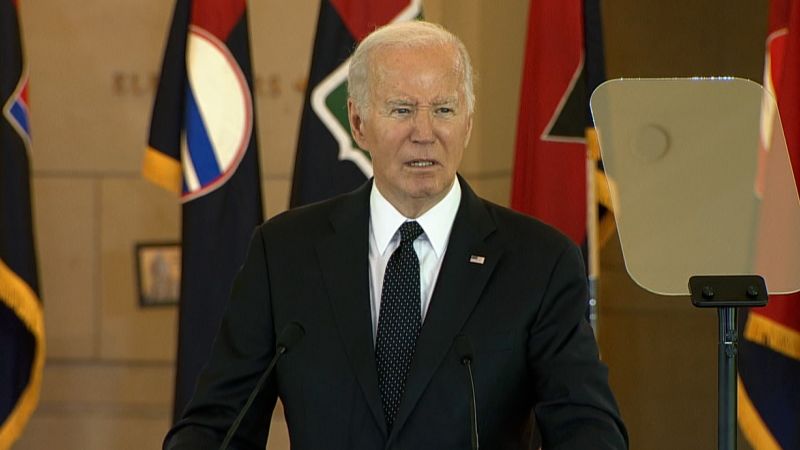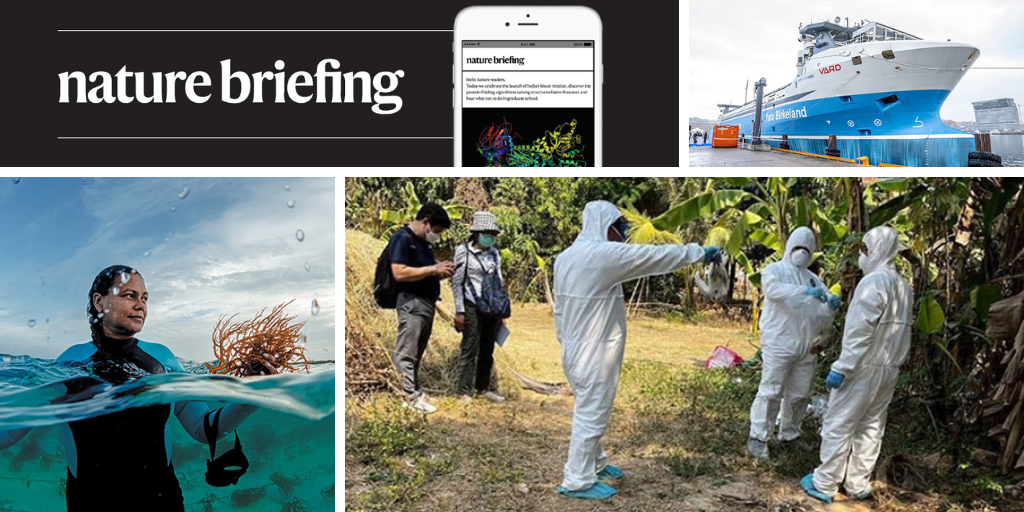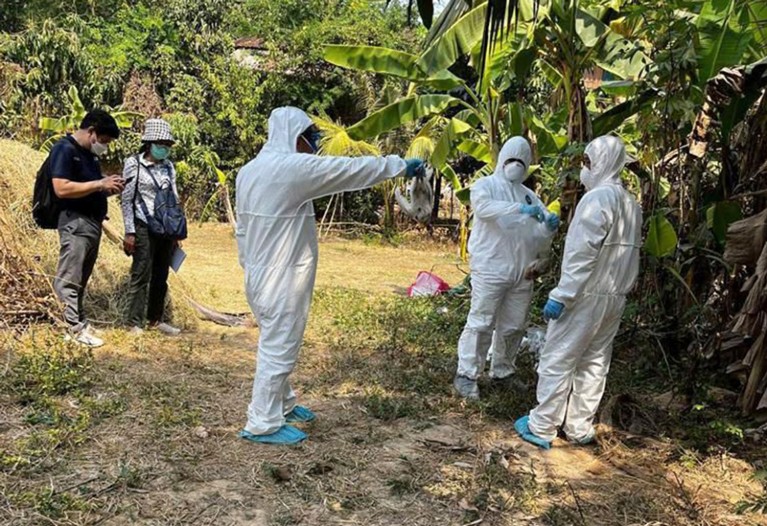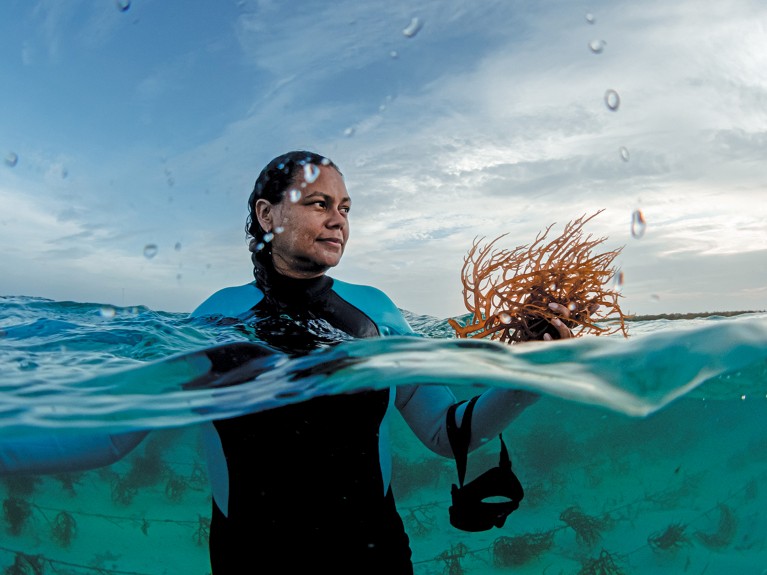Hello Nature readers, would you like to get this Briefing in your inbox free every day? Sign up here
The Cambodian girl who died of H5N1 this month did not have the worrisome 2.3.4.4b virus.Credit: Cambodia Ministry of Health/AP/Shutterstock
An 11-year-old girl in Cambodia who died after being infected with avian influenza A (H5N1) had a different variant from that causing mass deaths in birds globally. The strain she was carrying is endemic to the region, and last infected people in Cambodia about a decade ago. Investigations are under way into why the virus has spilled over from birds to people again. “Hopefully this is an isolated incident, but it could be indicative of a larger issue,” says virologist Erik Karlsson at the Pasteur Institute of Cambodia in Phnom Penh.
Namibia’s lions are back to prowling the country’s beaches, nearly four decades after they disappeared from these areas. In the 1980s, Namibia’s lions stopped hunting on the beaches after their population was almost wiped out. Even as their numbers recovered, they didn’t return, and scientists thought the knowledge of how to hunt seals and flamingos had been lost. When a drought in 2015 wiped out zebras and other desert prey, three young lionesses led a coastal hunting revival along a 40-kilometre stretch of beach that is also a popular fishing and camping spot. To keep both people and the animals safe, a virtual fence now sends out alerts every time lions approach the area.
A classified 2021 document from the US Department of Energy (DoE), reported in The Wall Street Journal, concluded that the COVID-19 pandemic probably emerged from a laboratory leak. The DoE reportedly said that its assessment is of ‘low confidence’, which indicates, among other things, that the analysis is based on scant or questionable information. Some scientists, as well as the World Health Organization, say that the ‘lab leak’ hypothesis is still on the table. “There simply is no hard evidence either way,” says science and security researcher Filippa Lentzos. Others, like virologist Angela Rasmussen, say “it is incorrect to frame this issue as scientifically undecided”, citing multiple lines of evidence and studies that indicate the pandemic emerged from animals associated with the live animal trade.
Features & opinion
Pilot projects are already showing the potential of self-driving ships as big as those that carry most global trade. Making large vessels more autonomous should improve safety, increase efficiency and — along with cleaner fuels and engines — reduce environmental impacts. It could also reduce the risk to seafarers, who are in short supply. Seven researchers highlight the practical, legal and economic implications that must be resolved to harness the benefits of such vessels.
I only have to send one great e-mail a day, but most people aren’t so lucky. Laboratory manager-turned graduate student Benjamin Tsang offers lessons he has learnt for writing e-mails that make your principal investigator (PI) sit up and take notice. Keep messages concise, include actionable words and clear deadlines, and say when you’ll be back in touch, he suggests. And take advantage of features offered by some systems, such as a ten-second delay after pressing the send button that lets you act on sender’s remorse.
The Arab region’s moves into space exploration are building on centuries-old discoveries of the Islamic Golden Age. A sweeping history takes us from the legendary House of Wisdom in Baghdad to today’s efforts by the United Arab Emirates to become a leader in space exploration.
Where I work
Julie Robinson is the director of the Nature Conservancy’s Belize Program in Punta Gorda, Belize.Credit: Meridith Kohut









More News
Daily briefing: Why exercise is good for us
Daily briefing: Orangutan is first wild animal seen using medicinal plant
Old electric-vehicle batteries can find new purpose — on the grid